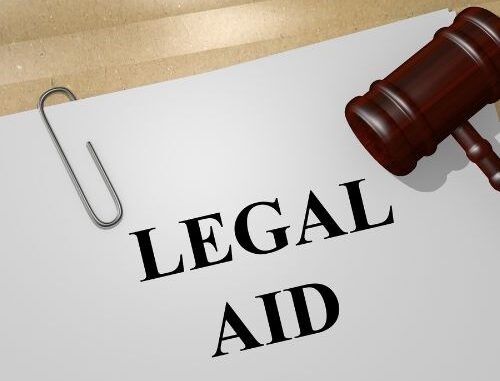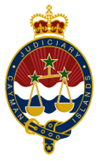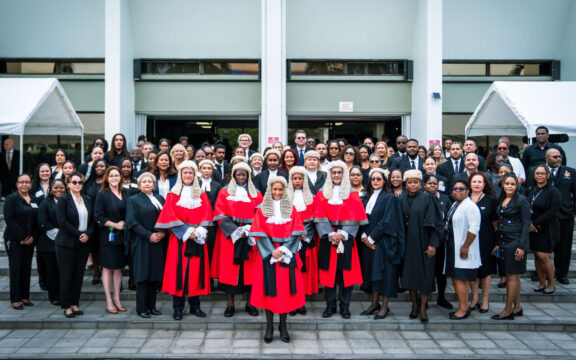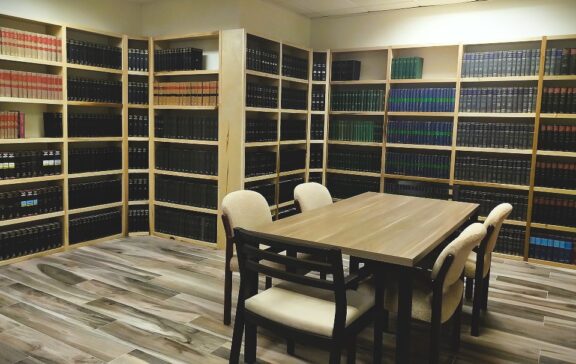
Legal Aid Grants
Section 4 of the Legal Aid Act, outlines the scope of legal aid grants. Legal aid may be granted in the following cases:
- criminal proceedings on indictment;
- criminal summary proceedings;
- civil proceedings in Grand Court or Summary Court (subject to Section 4(3) and 4(5) of the Act);
- appeals in criminal and civil cases (subject to Section 4(3) and 4(5) of the Act).
Further to Section 4(3) of the Act, legal aid may be granted in family proceedings but only if those proceedings involve questions related to a minor child; (a) residence, (b) contact (c) access (d) adoption or (e) maintenance or other financial relief for the benefit of a child.
In accordance with Section 5 of the Act, legal aid may be granted in civil proceedings only if the Director, after conducting the necessary inquiries, is satisfied that the Applicant demonstrates a reasonable prospect of success on the merits of the case. The responsibility for substantiating the merits of the case rests solely with the Applicant. Furthermore, the Applicant must submit copies of all supporting documentation, including filed documents, a statement of means, and any additional materials required by the Director to verify the details of their means and case.
Any individual seeking legal aid must submit a written application to the Director using the designated form. Each application must adhere to the prescribed format and include a statutory declaration that verifies the facts presented in the application.
In accordance with Section 34 of the Act, any Applicant, Assisted Person, or Attorney-at-Law who knowingly provides a false statement or supplies false information for the purposes of this Act commits an offense. Upon summary conviction, the individual is subject to a fine of three thousand dollars, imprisonment for a term of six months, or both penalties.

Criminal Matters
In instances where an unrepresented accused individual appears before a Summary Court facing a Class A criminal offence, the Magistrate shall, prior to request the accused to enter a plea to the charge or remanding them, or proceeding in accordance with the law, ensure that the following steps are taken:
- Inform him of his right to seek legal counsel from a Duty Counsel;
- Provide an opportunity to obtain such advice before he pleads to the charge or, where the charge is one in respect of which he has an election whether to be tried summarily, before he so elects or before any evidence is called.
Where an unrepresented accused person appears before a Summary Court charged with a Class B criminal offence; and it appears to the Magistrate that the interests of justice require that the accused person should have legal advice made available to him, the Magistrate shall, before requiring the accused person to plead to the charge or remand him or otherwise deal with him according to law –
- Inform them that such advice can be provided by a Duty Counsel;
- Provide an opportunity to obtain such advice before they plead to the charge or, where the charge is one in respect of which they have an election whether to be tried summarily, before they so elect or before any evidence is called.
To apply for legal aid for a criminal matter complete the Criminal Legal Aid Application with supporting documents.
Civil Matters
A legal aid certificate may be granted in civil proceedings, if the Director is satisfied that the Applicant appears to have a reasonable prospect of succeeding on the merits of the case.
In assessing the Applicant’s capacity to privately engage the services of an Attorney-at-Law for representation in civil proceedings, the Director shall consider the following factors: (a) the amount of the Applicant’s disposable income and other resources; (b) the Applicant’s potential to secure employment; (c) the nature and complexity of the current or anticipated proceedings; and (d) the anticipated costs associated with those proceedings. Each application for legal aid submitted by an individual seeking to initiate or defend civil proceedings in court must be accompanied by the following documents:
- A copy of any Attorney-at-Law’s opinion on the merits of his case;
- A statement of resources, along with any additional documents that the Director may deem necessary for verifying its contents;
- A statement of resources, along with any additional documents that the Director may deem necessary for verifying its contents.
In the context of a prospective Plaintiff, a statement of the facts that give rise to their claim or the grounds upon which they assert their entitlement to relief is required.
In the event that an Applicant who is the Defendant or Respondent in any proceedings, the following documents must be submitted: (i) a copy of the originating process; and (ii) a statement outlining the facts that establish a defense or the rationale for opposing the relief sought against them.
Duty Counsel
An individual who is detained at a police station, correctional facility, or a similar institution and lacks the financial resources to secure legal representation must be informed by the official in charge of their detention that they are entitled to legal counsel at public expense.
The Duty Counsel approved list of Attorneys is available for review and the detained person can contact any approved Attorneys on the roster for that period.
The Director services of a Duty Counsel is limited to the terms as outlined by the Act and as prescribed by the Director but shall include services of interviewing and advising persons being questioned or detained at police stations or such other place of detention or who are charged with criminal offences in the circumstances set out in section 14 of the Act.
The Duty Counsel offering limited advice and assistance is not the individual’s assigned legal aid attorney. Should further services be necessary as a result of any charges, the Applicant must submit a written application for legal aid using the prescribed forms, following the standard procedure.
Walk-In hours (No appointment necessary): Monday to Thursday 9:00am to 12:30pm
Queries available at: Email: legalaid@judicial.ky or phone: 345-244-3829, 345-244-3889, 345-244-3742 or 345-244-3761







